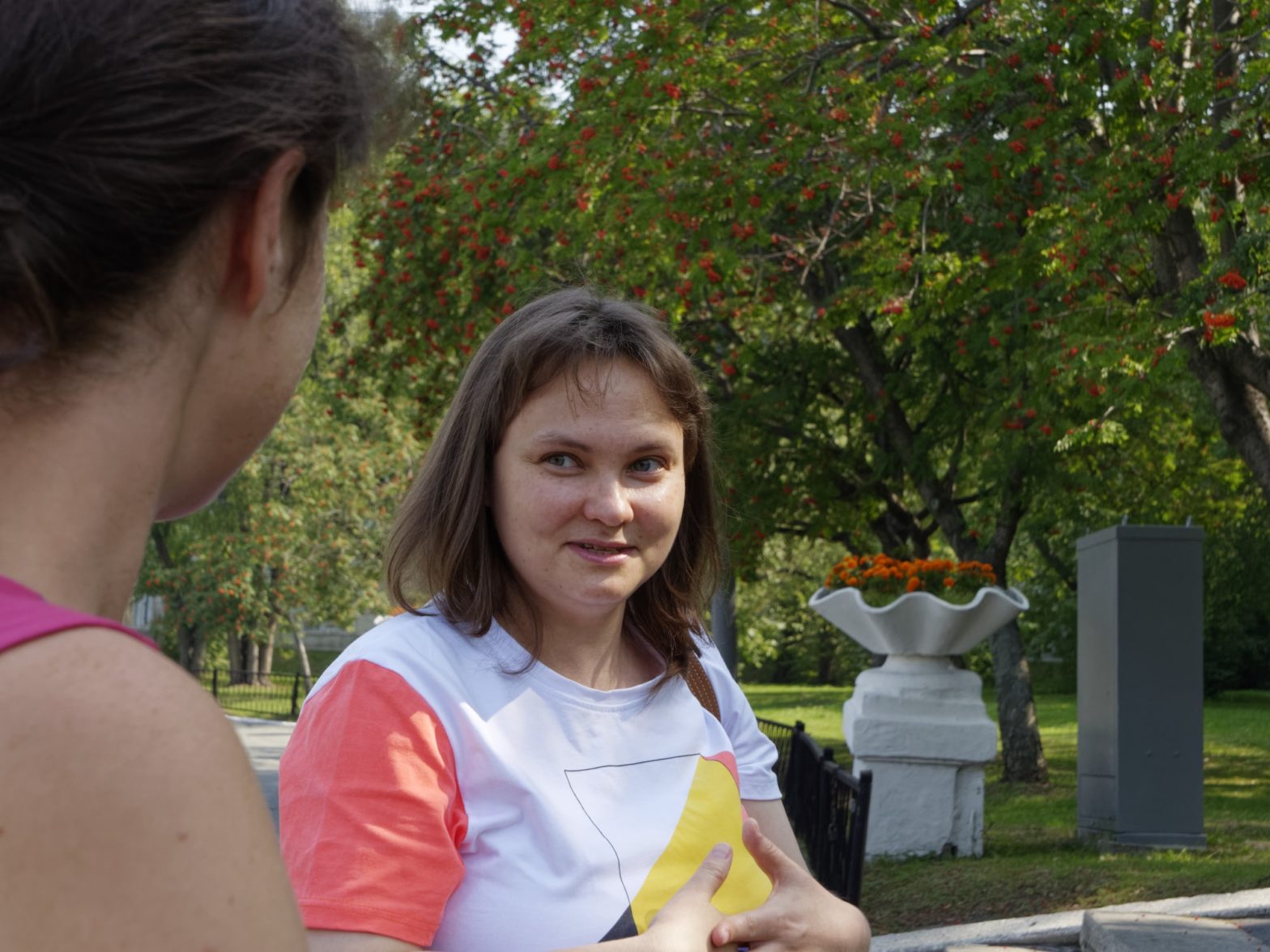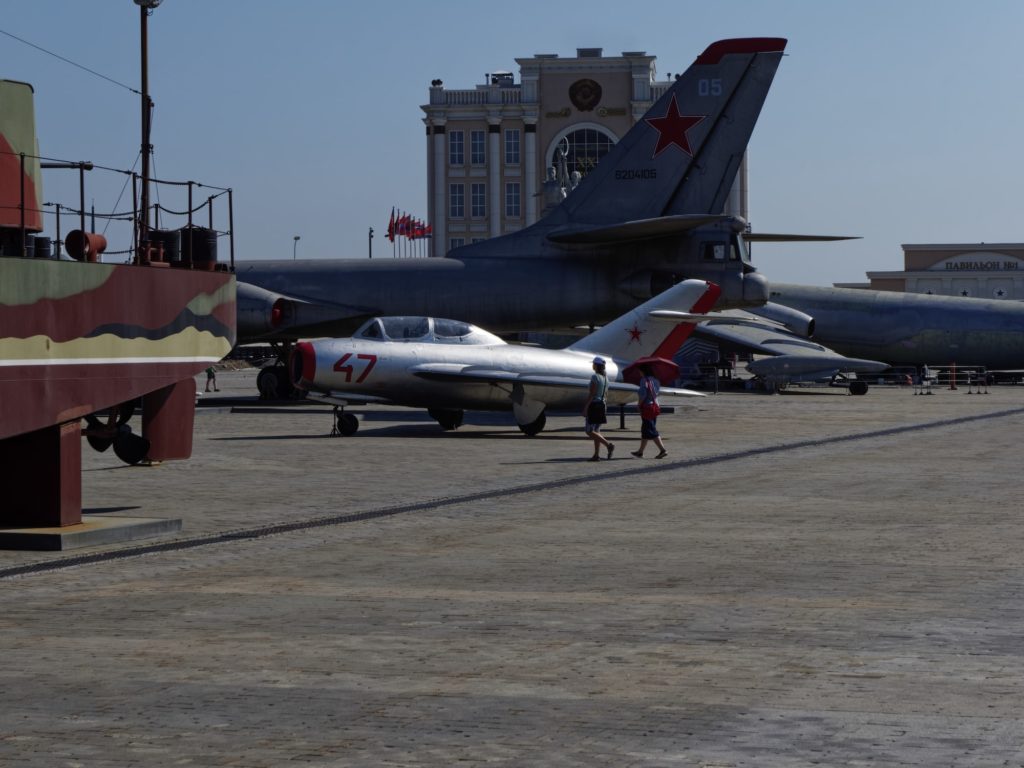Her Dad’s daughter
On a wall of the university building, under the colossal white columns going up into the blue sky, a bronze plate — Boris Yeltsin, the first president of Russia, has studied in this building. It is a very hot August morning, and the campus is covered by a heavy smog coming from the forest fires under the city. Natalia walks to the main building of the Ural State Technical University, smiling. She guides us inside the building, constructed in 1936 by hundreds of students, as many universities were built in the Soviet Regime. « It was very qualitatively built, since the students were building it for themselves! », Natalia smiles.
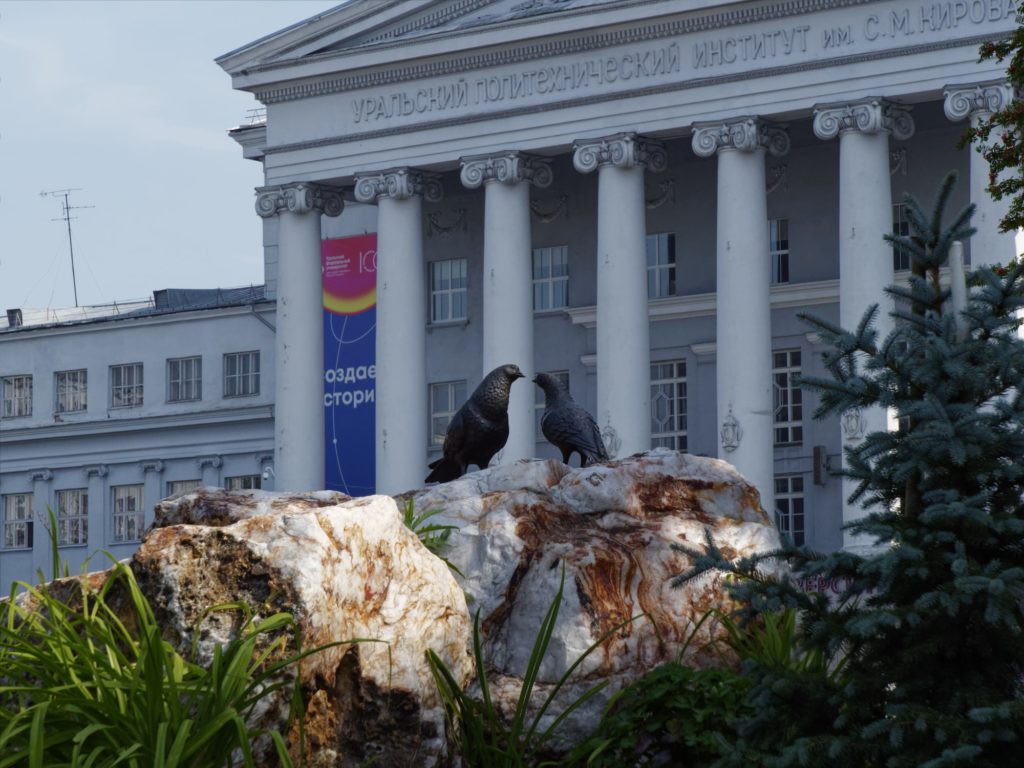
Natalia has an important family memory related to this building — her father has studied engineering here. Natalia takes us, through a long sequence of imposant stairs, to the board where she proudly points to her Dad’s name engraved on the wall of honor. Natalia’s father died when she was only seven years old. She keeps a connection to him through her childhood memories.
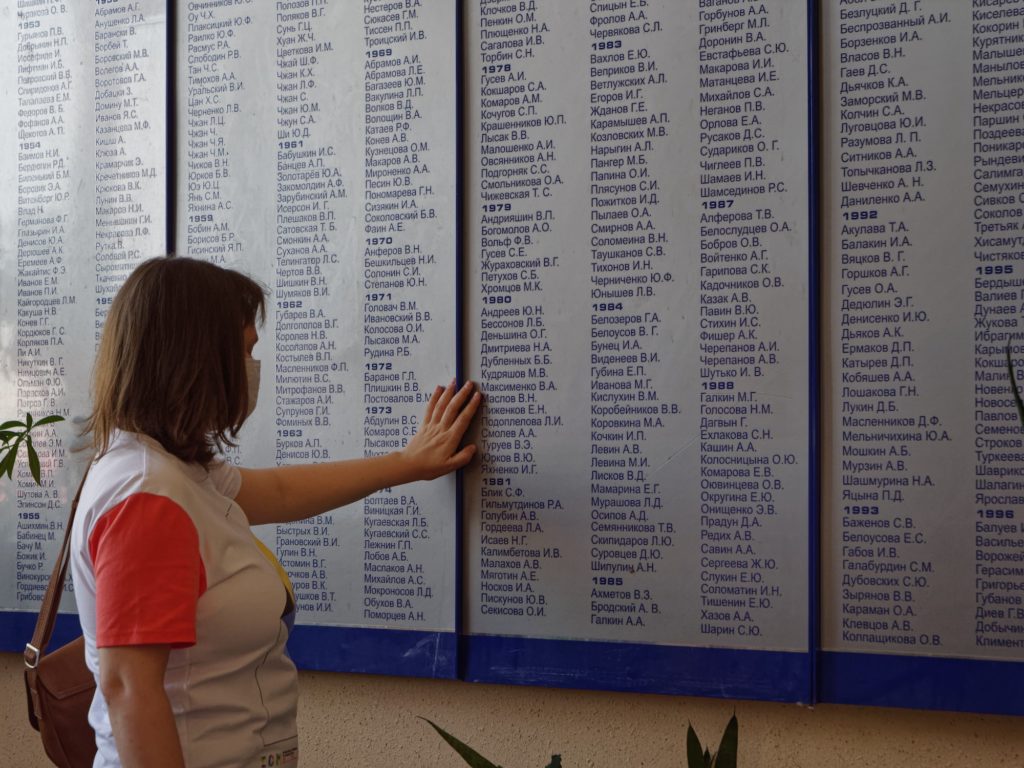
« When I was young, I did a baby-flood experiment. My Grandma has bought a new carpet that she carried much about. It was late Soviet times, so it was… not simple to live. Material things had lots of importance. I had found myself a game — put on the stool a small bath, bring a big basin of at least one liter of water (I am asking myself how I could lift that at the time!) , and pour water from the big basin to a small one. Of course, a small child, doing it with hands fully straight… all of the water was on the new carpet! All along the procedure, my Dad was just sitting in the chair and didn’t do anything to stop me. When my Grandma came and, let me say… expressed her discontent, my Dad said to her — why do you worry, Mum ? Nobody is hurt and the carpet will dry. And the child has got an invaluable experience ! », Natalia laughs. It seems that a memory that Natalia keeps with her from this story is not only of a joyful experimentation but that of unconditional love and support.
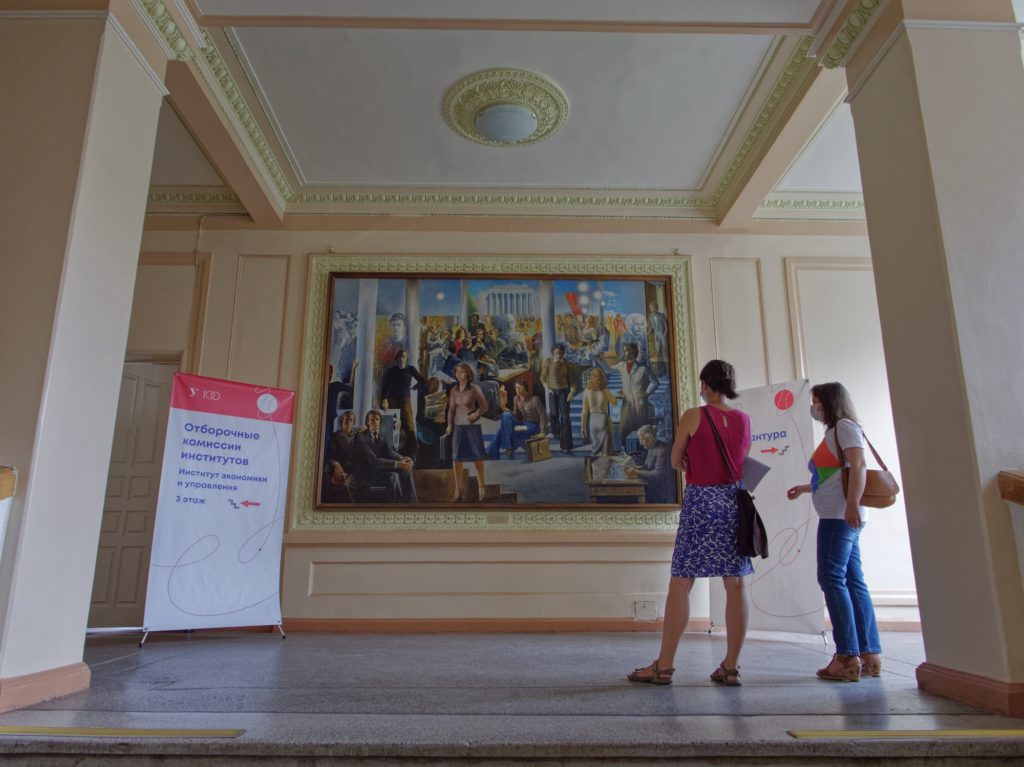
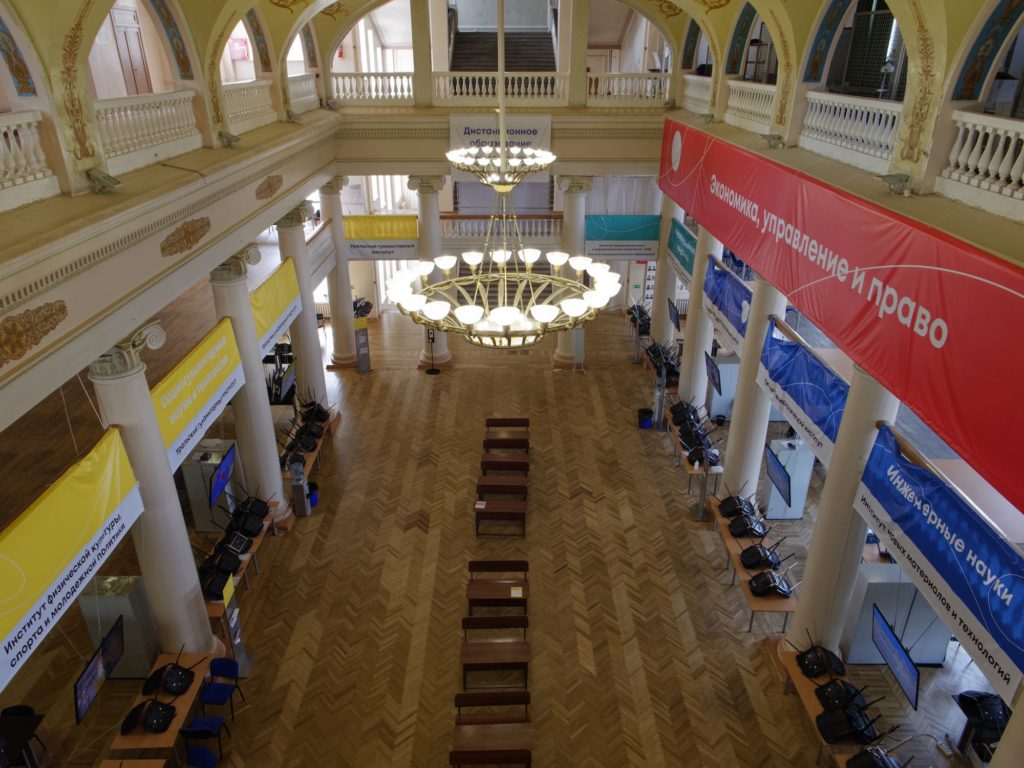
She adds, « I think that my Dad really understood me. Other people in my family have trouble understanding why a person who has a chair and a table, is sitting on the floor and writing on a chair!, » Natalia laughs. « My Dad would never bother with that — he had a passionate mind of a scientist. As adults tell, we resembled each other greatly.»
Interests and choices
« My health was far from being perfect when I was young, so I have spent lots of time in hospitals. I had growth problems that demanded systematic treatment. I was not a severe patient but I was a systematic, and bored, one!», Natalia laughs. In hospitals she spent time avidly reading all the books that were brought to her, mostly on the the three unalike subjects: biology, Second World War history and mathematics.
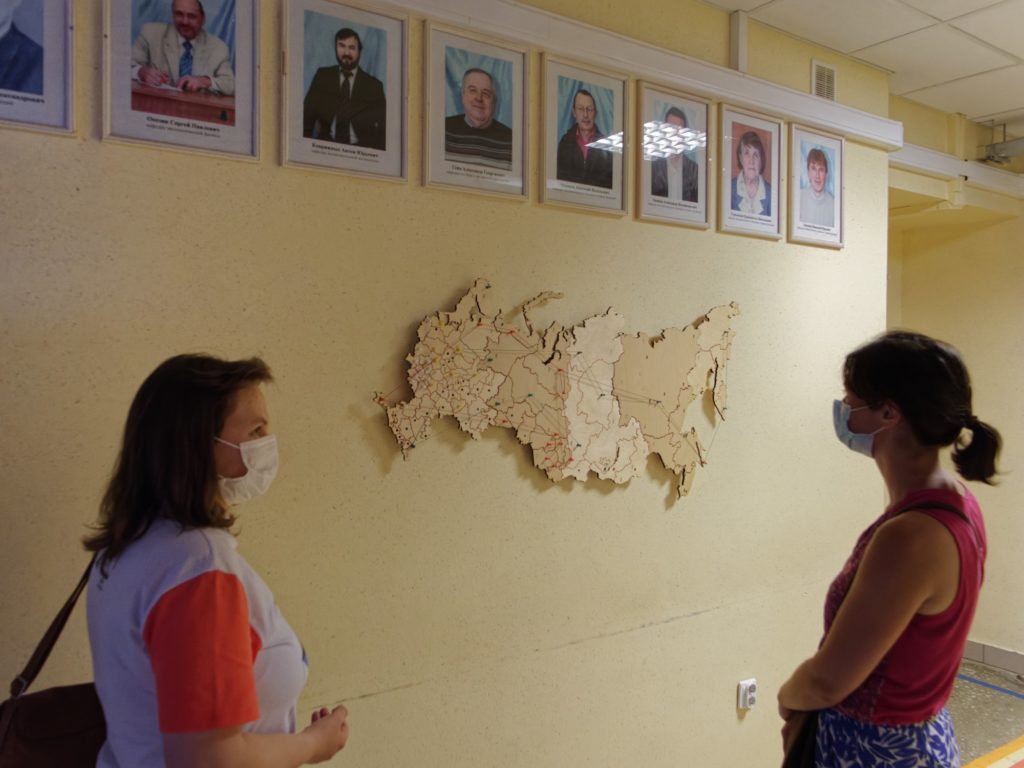
I was quite interested in medicine and was preparing to enter the Medical Institute. I even went to a morgue several times to see how it was like! But then I have been told, with lots of details, that one has to cut mice and frogs in order to study at the Medical faculty. I would not have been able to do that. It is like a taboo for me. Mathematics was my other interest, and here I didn’t have any moral obstacles to do it. Of course, everybody makes mistakes — the only people who do not make mistakes are those who do not do anything!
The price of my mistake, as a mathematician, is my pride — ok, maybe I will be ashamed of making it. But it happens to everybody! But when the price of your mistake is thousands of broken lives, it’s a completely different feeling. So, from my point of view it is very easy to do mathematics. For my research, nobody pays with their life.”
Natalia has an « occasional hobby », as she says — saving animals. She is registered to a forum in Ekaterinburg from which she receives a notification if there is an animal in her borough which is lost or hurt. In this case, she looks for a doctor, finds budget and organizes the logistic. It started in her university years ago, when she found a kitten on the stairs of the university building.
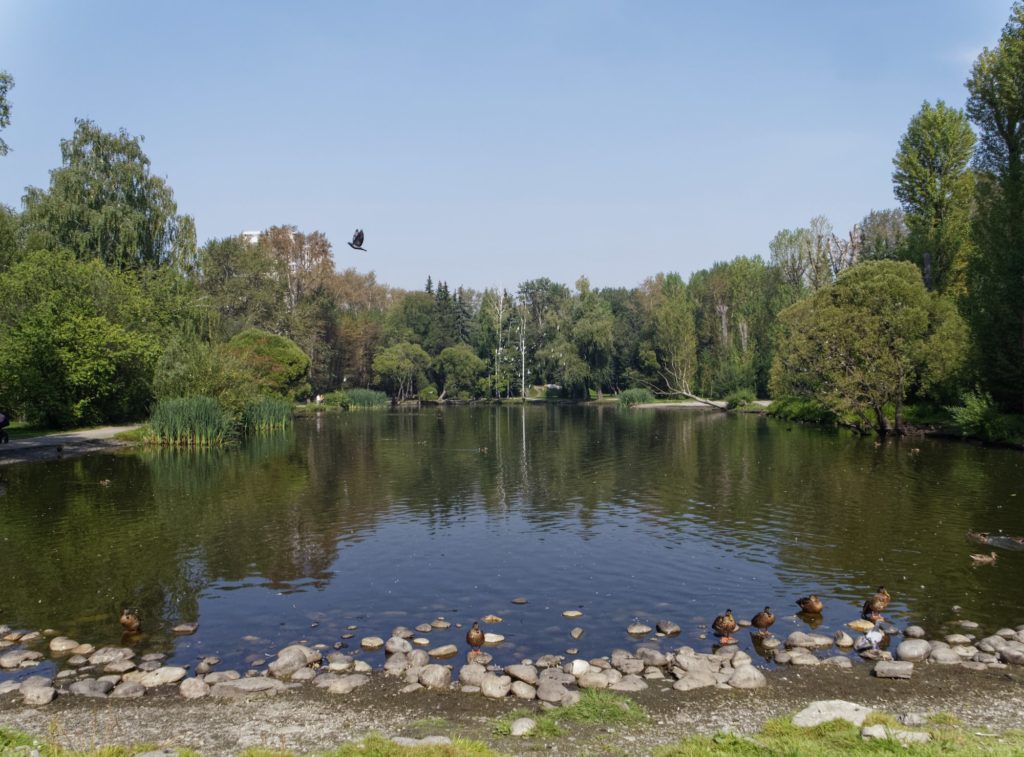
For our first online meeting with Natalia, I had an opportunity to look over the walls in her apartment, covered with pictures of cute cats and dogs.
I often got tired from the purely male collective, and went out to work“
Natalia Maslova is working as a research fellow at the Institute of Mathematics and Mechanics of the Russian Academy of Sciences, as well as teaching at the mathematical faculty of the Ural Federal University. Both places are not too far away one from another and there are lots of collaborations between two. Natalia guides us through the campus, showing us the buildings in which she works, telling us about her first years as a research fellow at the faculty…
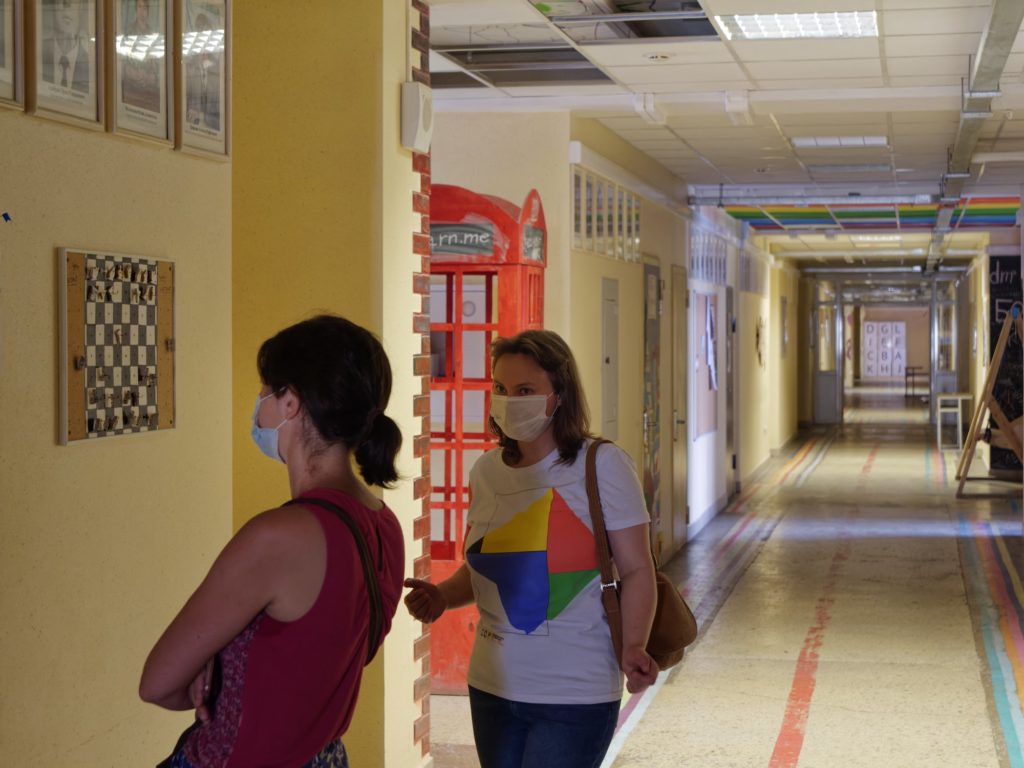
Most of my scientific work in the university passed on a willow tree which grew at the time, over the water of the University pond. I was the only woman in our department — the first woman who was a scientific worker here, and the first woman who defended her habilitation thesis here.
Even though the relationships were always very good in our laboratory, I often got tired from the purely male collective, and went out to work. I climbed on a tree over the water — the branches there were able to support my weight, as I was much smaller at the time. I would then open some articles and read them. That wonderful tree protected me from the sun, it was a very peaceful place to referee articles. Surprisingly, I’ve never lost anything in the water! »
Visiting the Museum of Military Equipment
Natalia absolutely wanted to bring us to the Museum of Military Equipment, half an hour from the center of Ekaterinburg, that she has visited for the first time with her father more than twenty years ago. She is passionate by war technologies and keeps her knowledge on it from the books read at hospitals in her adolescence.
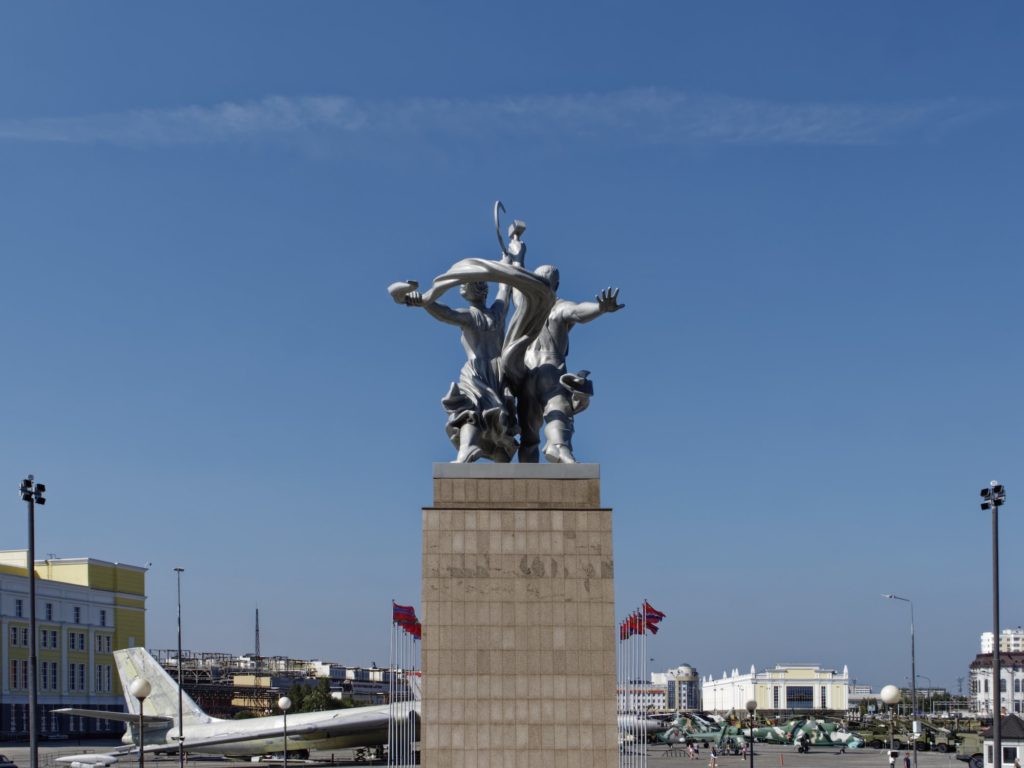
This Museum is one of the biggest military museums in Russia. Gigantic halls, housing cars and bikes of all ages, whole military planes, or old military equipment and uniforms, and surrounding giant open-air exposition of tanks, trains, submarine, boats and bombers, essentially from the time of World War II — a lot of them keeping chilling traces of fights. Children visiting the museum climbed some of those tanks with a big commitment.
We spent an hour in each building, following Natalia’s passionate excursion along the museum hangars. Natalia wanted to tell us the technical details of each and every model of war planes that Germans has used against Russians. Natalia’s interest in military equipment seems to me as an extravagant detail in a person whose whole being is based on help, peace and love — Natalia mostly seemed interested in the classification of planes and biographies of constructors, rather than in the rhetoric of why these planes were used for.
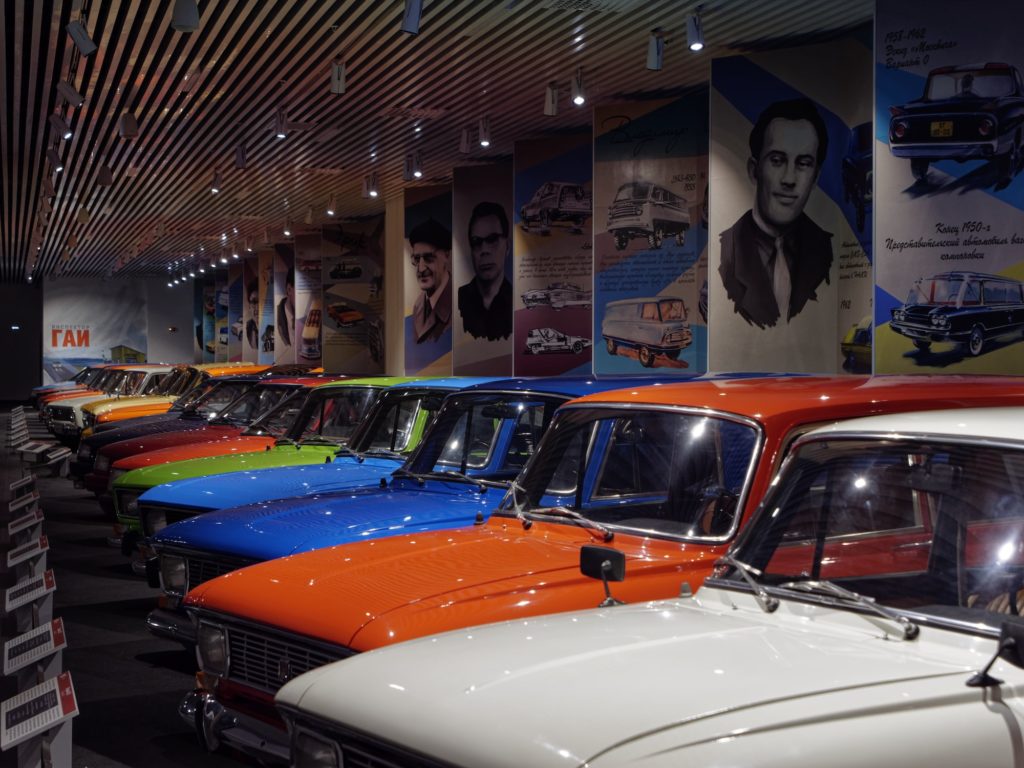
We spent this day of August 2021 with Natalia under a heavy sun, putting on the partisan helmets, walking around bombers, studying the construction of a French military cuisine kit (one of the very few French items there, in fact), admiring polished models of civil cars of Soviet times. War seemed far away.
This blog post has been written on the 1st of March 2022, first day of Spring in Russia, and sixth day of the invasion of Ukraine by Russia.
